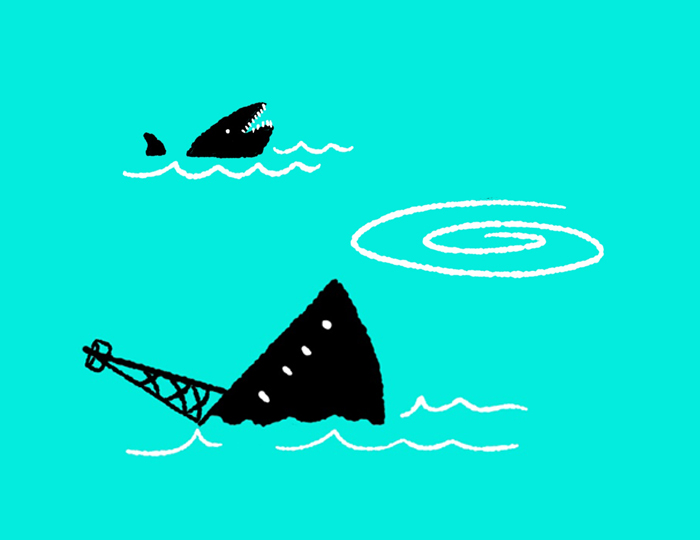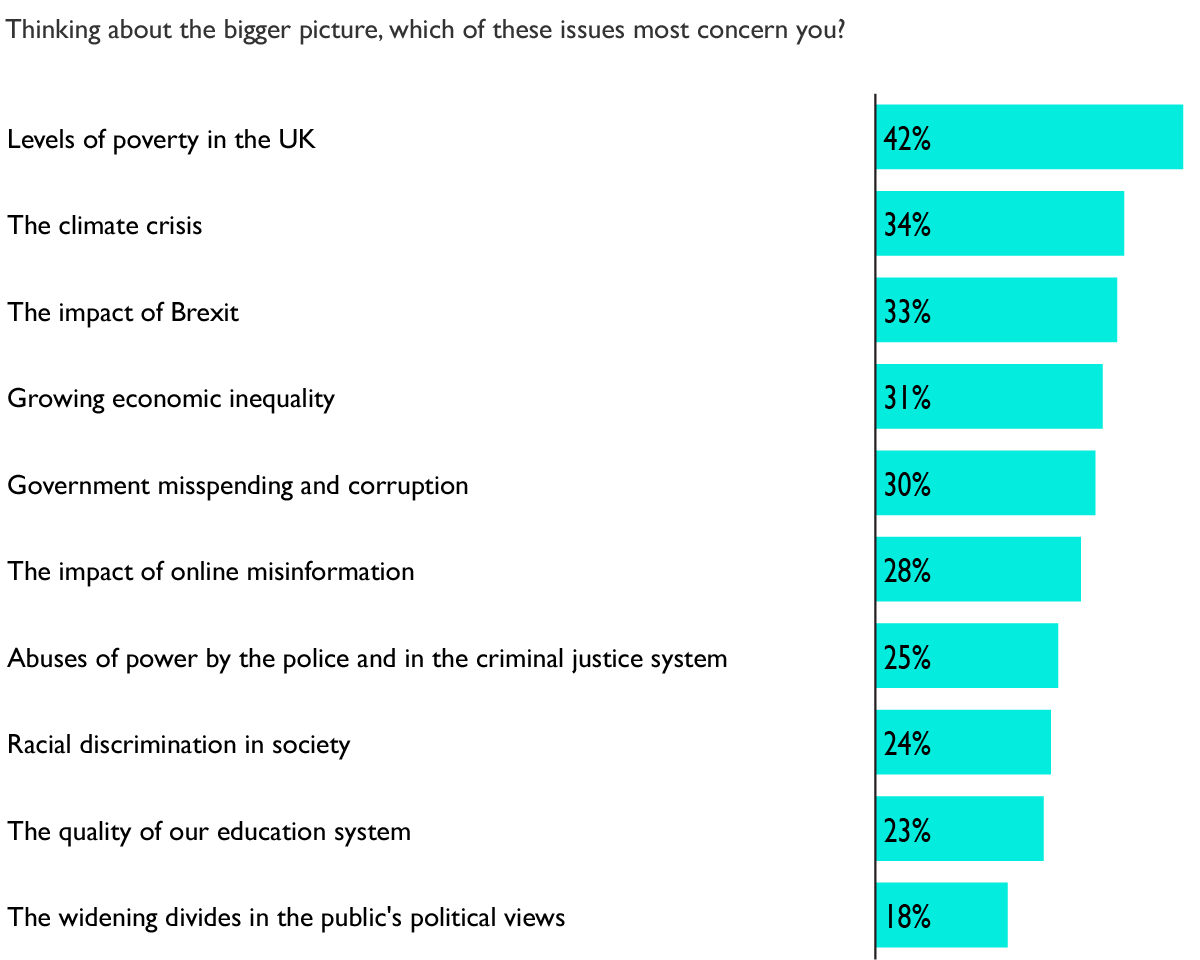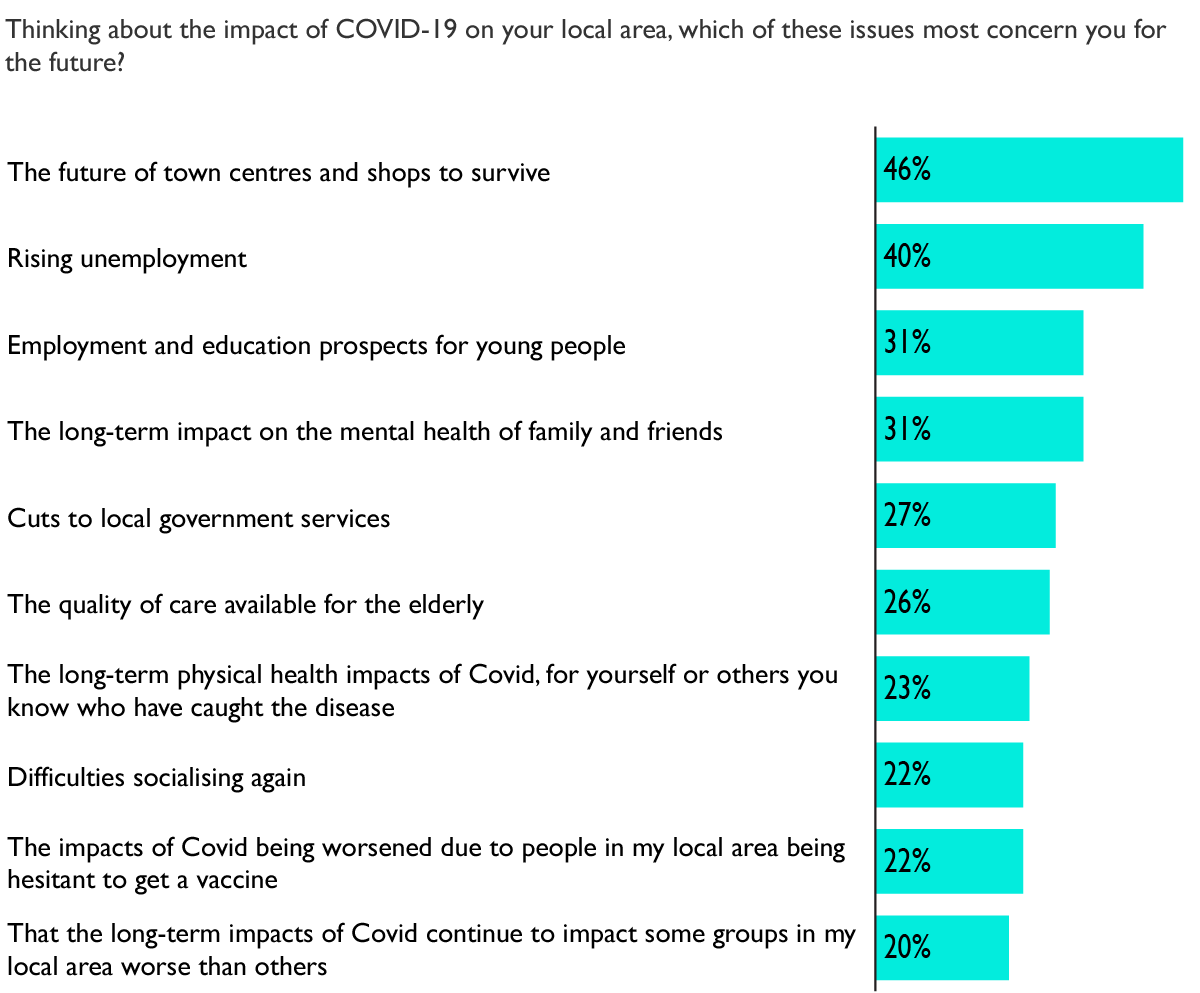Flotilla of different boats
How can we support everyone to build greater resilience into their lives and communities and face the future with increased confidence?
How can we acknowledge the diverse realities of our individual and collective losses?

All change involves losing something along the way, and finding ways to mark transformation and loss is an important part of transitioning to the new. Some have experienced the loss of hopes, savings, goals, confidence, careers. Yet Covid-19 will be remembered for the tens of thousands of people who lost their lives. Not only has the pandemic amplified the crises that many were already experiencing in their lives, but it will also be the catalyst for future crises such as mental health and unemployment. Further crises will only emerge with the hindsight of time.
The easing of the lockdown doesn't stop the grief. It doesn't stop the heartache. It doesn't stop the financial losses that people have felt. Going back to our usual lives, those things will still continue.
“Even in my area of work, at my university, there are predictions of huge losses. There is a sense of fragility...everything at risk of being taken away.”
Professor Jitesh Gajjar, academic, Manchester resident
"I don’t think we’re going to able to look at Covid-19 in the rear mirror. This is but the first of many diseases which are going to affect us. We’ve used too much of the earth’s resources. The major issue is climate change and how we’ve affected the world around us - that’s connected to the pandemic.”
John Pennell, Chairman of Norfolk ALC’s Climate Action Project
“We are forgetting that people are still getting Covid-19 and people are still dying of Covid-19. People don’t have the space to grieve, especially when you are living in multi-generational households and It's overcrowded, and you’ve got to do all sorts of things. People are not grieving yet.”
Samira Ben Omar, Community Voices, head of engagement and partnerships, NW London Integrated Care
“I think that the transition phase is going to be really difficult. Especially for individuals - we need to acknowledge loss; of people, of jobs, of dreams. A lot of people need a period of grief and mourning. There might be a conflict between what the economy needs and what people can give.”
Terry Huggins, Norfolk resident
Maaria Mahmood, director, Muslim Youth Helpline
In the 2021 UK budget it was announced that the £20 uplift to Universal Credit would be removed in September. Joseph Rowntree Foundation (JRF) modelling shows that this will lead to:
Source: Keep the lifeline: why the Government should keep the £20 uplift to Universal Credit, Francesca Maddison and Iain Porter (2021)
Source: Coronavirus Government Dashboard (Covid-19 in the UK)
From our findings, poverty in the UK was the issue that concerned people the most (42 percent), followed by the climate crisis (34 percent) and impact of Brexit (33 percent).

The future of towns and centres as a result of CV-19 was the issue that concerned people most about their local areas (46 percent), followed by rising unemployment (40 percent).

“What you can do (to cope with the anxiety of Covid-19) and probably have done, is adopt compensatory behaviours. The maladaptive of these will add to that lengthening second pandemic, the psychological aftermath of the first. In Scotland, for instance, substance abuse deaths have risen by a third; the British Liver Trust has reported a 500 percent rise in calls to its helpline; domestic violence has surged worldwide.”
Has a year of living with Covid-19 rewired our brains?, Paula Cocozza, The Guardian, (13 December 2020)
“Global fossil CO2 emissions in 2020 have decreased to about 7 percent below 2019 levels. Such cuts are needed throughout the 2020s and beyond to avoid exceeding warming levels in the range 1.5°C to well below 2°C, the ambition of the Paris Agreement.”
Fossil CO2 emissions in the post-Covid-19 era, Corinne Le Quéré et al, Nature Climate Change volume 11, pages 197–199 (2021)
“While 2020 marked the largest absolute decline in global CO2 emissions in history, the evidence of a rapid rebound in energy demand and emissions in many economies underscores the risk that CO2 emissions will increase significantly this year (2021).”
Global Energy Review: CO2 Emissions in 2020, IEA (2021)
“In the long-term, prolonged activation of the biological stress response can have toxic effects on the brain and the rest of the body, increasing risk for both psychiatric disorders and chronic physical diseases.”
Aoife O’Donovan, associate professor of psychiatry, UCSF Weill Institute for Neurosciences
"There’s a lot of uncertainty right now – this is what science says that does to our minds, bodies"
Brandon R Reynolds (2020)
“Any real change implies the breakup of the world as one has always known it, the loss of all that gave one an identity, the end of safety.”
Nobody knows my name, James Baldwin (1961)
“In fact, that’s one of the effects of amnesia: the wilful forgetting of traumatic experiences allows their harmful effects to continue.”
The Purpose of Power, Alicia Garza (2020)
“National commemoration is more important still. In offering meaning-making and a channel for grief, it processes mass trauma on its own scale. A top-down commemoration is only enhanced when combined with bottom-up approaches – art, local memorials, digital archives, and simply people's personal memories – now more shareable than ever with the second-by-second of social media.”
How to heal the 'mass trauma' of Covid-19, Ed Prideaux (2020)
How can we support everyone to build greater resilience into their lives and communities and face the future with increased confidence?
How could we resource a reconstruction effort that takes account of the needs of different people and places?
What does it take to create the enabling conditions for people to come together and design systems that work for them?
How could we encourage new ways of doing things that overcome resistance to change and the anti-risk instinct?
How can we acknowledge the diverse realities of our individual and collective losses?
How could we enable every community to design its own future, to imagine what that might look like, and to have a powerful say about the decisions that impact them?